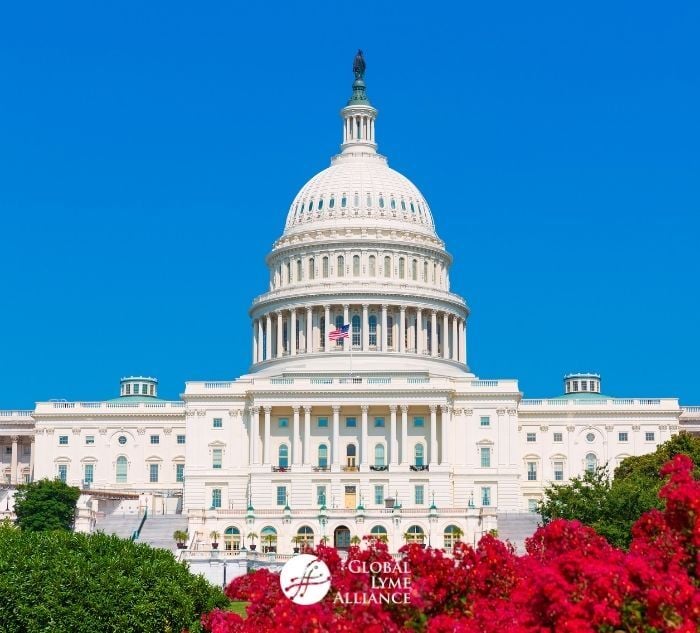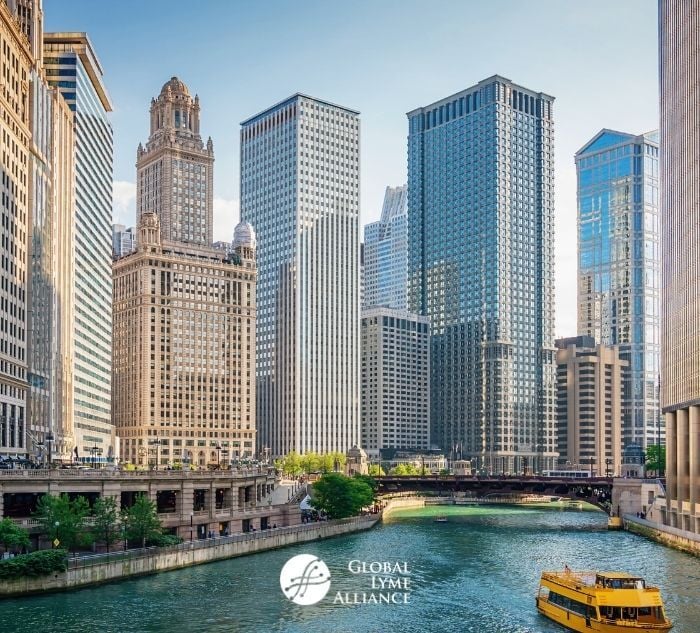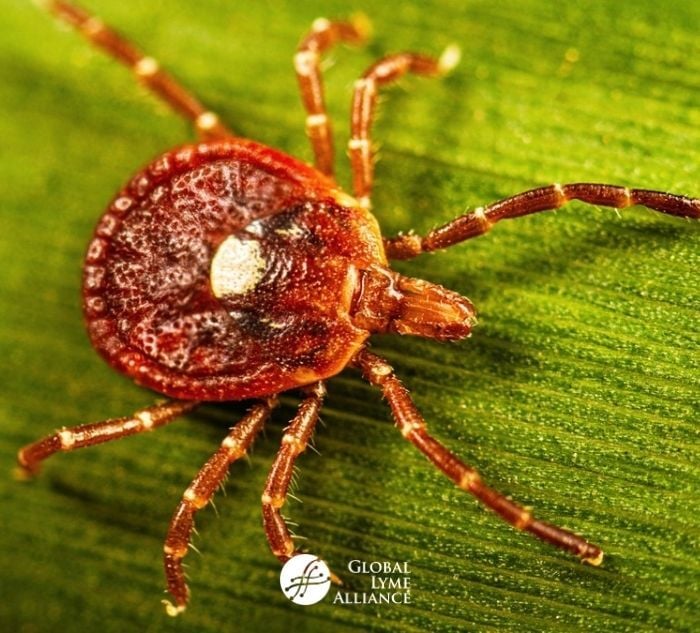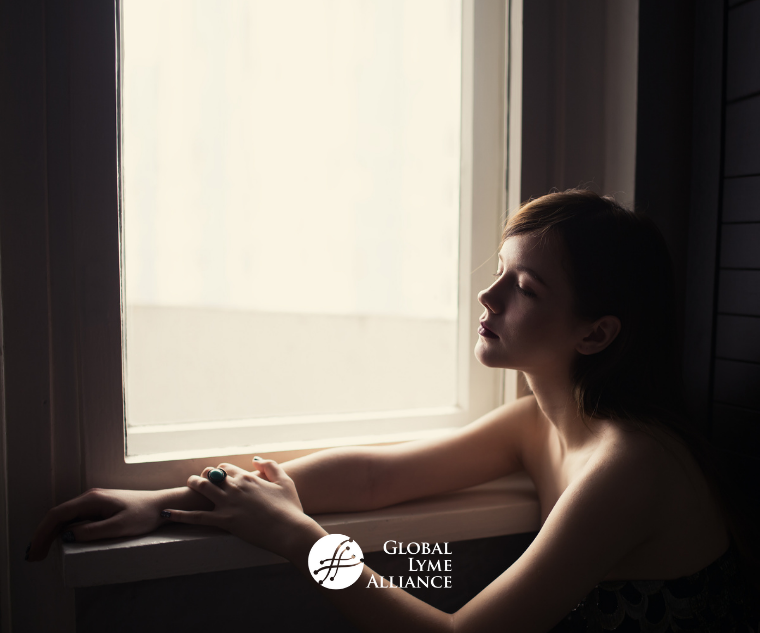
Madison Pinckney discusses what it's like to face isolation when healing from Lyme disease.
I could be in a room full of people, but still feel alone. I’m trapped inside my head. While I may have made it to the event, the pain is still there, and it’s the only thing on which I can focus. There are brief moments I pop into the conversation, to the people surrounding me, but as quickly as they come, they vanish. There is a barrier between me and everyone else. I don’t see what is happening in front of me, as my eyes lose focus and my gaze falls on the far wall. Then there are times I don’t even make it to the event. Either my body won’t let me or the task of being a ghost-like presence is too daunting. In these moments, I initially feel great relief, knowing I won’t be making myself worse by trying to keep up with everyone else. However, the relief usually fades away, and is replaced by a fear that I am missing the opportunity to fully engage with my life. Isolation is a necessary element of chronic illness. Our bodies don’t function at a high enough capacity to participate in all the joyful moments life has to offer. That reality hurts. It takes a toll. I need to take a moment to recognize the effect this type of isolation has on an individual’s mental health. Not being able to attend and fully partake in activities with your peers creates a divide. Your friends stop reaching out because you cancel too often or you just don’t seem fun anymore. Fostering connection becomes incredibly challenging and can often lead to anxiety and depression. Individuals struggle to strengthen relationships and form new ones, as opportunities to spend quality time with friends and meet new people pass you. If you are a friend of someone with an illness, I implore you to continue reaching out. It always feels nice to be asked, and a canceled plan is not reflective of their desire to attend. Thankfully, I’ve healed enough that these moments no longer happen very often. It’s liberating to enter events with a mind no longer occupied by pain. I’m moving in the right direction, but there are still moments I need to choose rest, and the memories of isolation are still fresh. In the past, I’ve forced myself to go to events, expecting that once I get there, I’ll feel better. It’s a lie I’ve told myself a lot. I think we all know this lie because we don’t want to watch our lives from the couch. There seems to be this cycle of attempting to break isolation and then recognizing, even surrounded by others, we can feel alone. What do we do in these moments of isolation, whether we are in a crowded room or alone on the couch? I believe finding a balance between pushing ourselves and recognizing that fully engaging with our lives looks different than our peers is a crucial step. Admit it, there are times (while they may be few and far between) you dragged yourself out of bed, plastered on a smile, and slowly realized, you were actually enjoying the event! These moments are why we keep trying. Giving up isn’t in the vocabulary of people with chronic illness. If it was, we would live a miserable existence. However, we know too well the toll pushing ourselves takes on our bodies and minds. Shifting our perspectives from “if I don’t go, I’m not fully embracing my life” to “fully embracing my life does not look the same as others because my body is only meant to take so much” could be an excellent opportunity to take the pressure off ourselves. Instead of beating yourself up for missing another event, recognize that missing the event does not mean you are engaging less with life. Our lives look different in a lot of ways, and therefore, our engagement is different. Finding a healthy balance between this and “let’s go and give it a shot” has been liberating for me, and maybe it could help you or someone you love too! Always remember, your life is still full of meaning, even when you can’t show up. *** Madison is one of the hosts of the Two Much Lyme podcast in partnership with Global Lyme Alliance. To listen, click here. ______________________________ 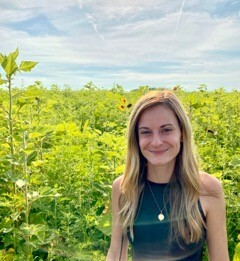 Opinions expressed by contributors are their own. Madison Pinckney is a GLA Lyme Education Ambassador and Peer to Peer Mentor who also hosts the podcast, Two Much Lyme, in partnership with Global Lyme alliance. After struggling for 10 years, Maddy was finally diagnosed with neurological Lyme disease in 2018. Since her diagnosis, she has struggled with Babesia, Bartonella, Anaplasma, Mycoplasma, dysautonomia, PANDAS, epilepsy, PTSD, and other chronic diseases. She is planning on attending law school next year to advocate for those with chronic illnesses and to better the treatment of Lyme patients. Maddy currently lives in Upstate New York working on her Lyme blog @maddymeetslyme while undergoing treatment.
Opinions expressed by contributors are their own. Madison Pinckney is a GLA Lyme Education Ambassador and Peer to Peer Mentor who also hosts the podcast, Two Much Lyme, in partnership with Global Lyme alliance. After struggling for 10 years, Maddy was finally diagnosed with neurological Lyme disease in 2018. Since her diagnosis, she has struggled with Babesia, Bartonella, Anaplasma, Mycoplasma, dysautonomia, PANDAS, epilepsy, PTSD, and other chronic diseases. She is planning on attending law school next year to advocate for those with chronic illnesses and to better the treatment of Lyme patients. Maddy currently lives in Upstate New York working on her Lyme blog @maddymeetslyme while undergoing treatment.

Madison Pinckney
Madison Pinckney
After struggling for 10 years, Maddy was finally diagnosed with neurological Lyme disease in 2018. Since her diagnosis, she has struggled with Babesia, Bartonella, Anaplasma, Mycoplasma, dysautonomia, PANDAS, epilepsy, PTSD, and other chronic diseases. As a Global Lyme Alliance Ambassador she aims to educate and spread awareness about a disease that so many spend years suffering with before receiving a diagnosis. She is planning on attending law school next year to study public health law to advocate for those with chronic illnesses, while pushing for the better treatment of Lyme patients. Maddy currently lives in Upstate New York working on her Lyme blog @maddymeetslyme while undergoing treatment.

